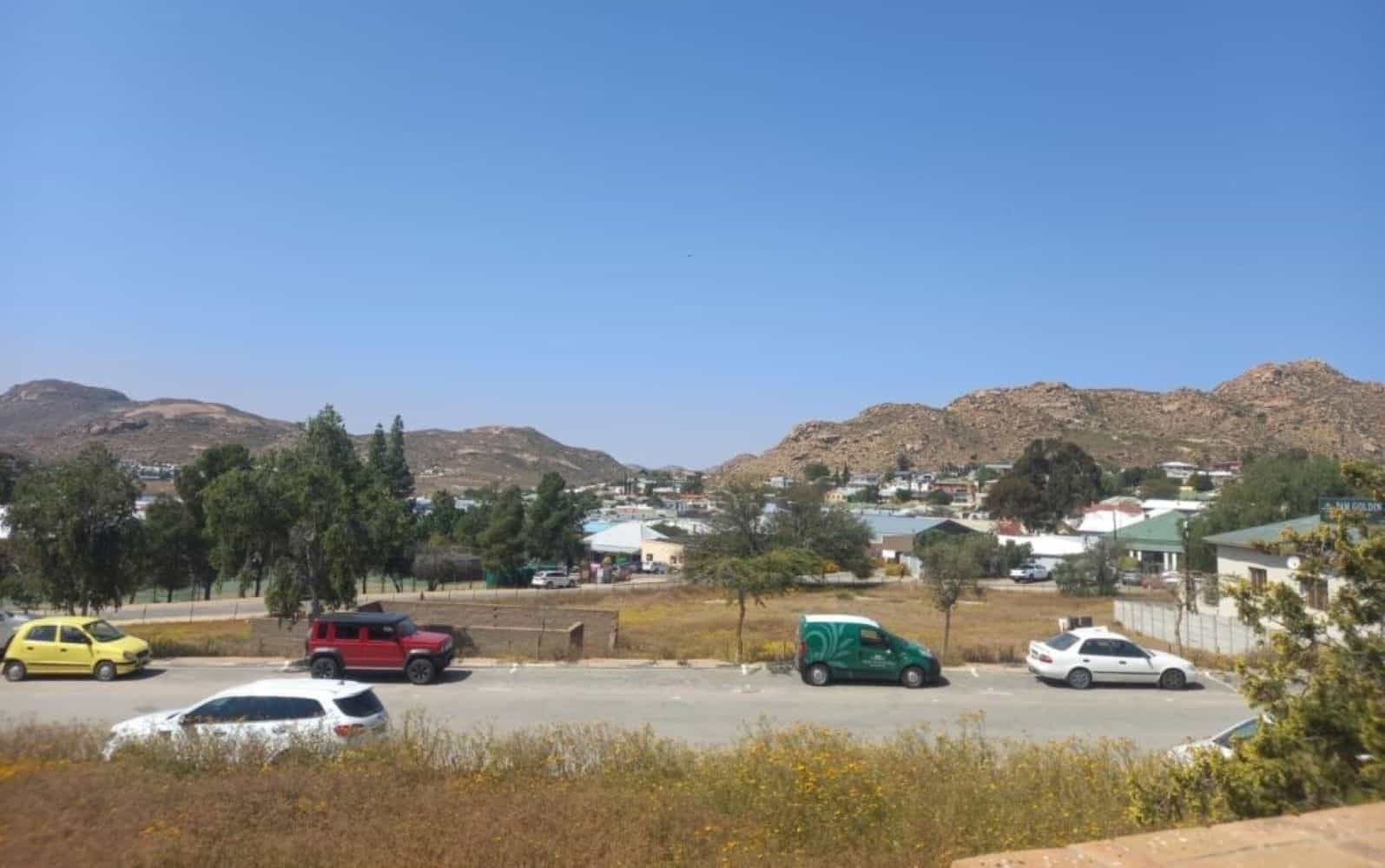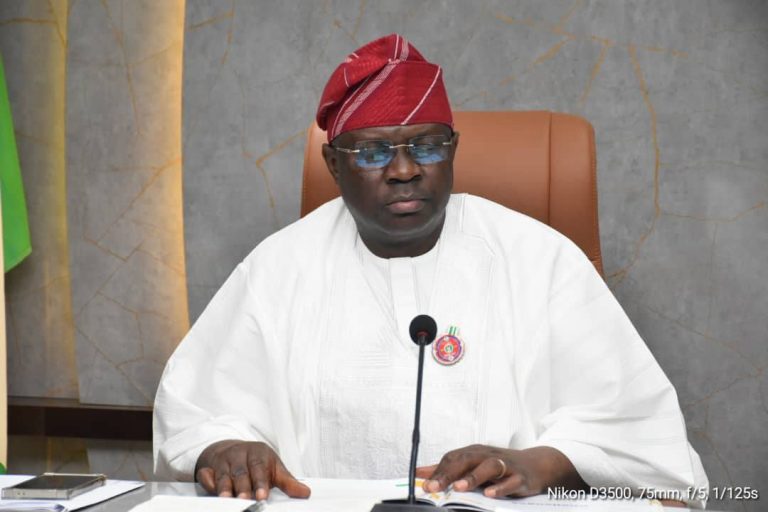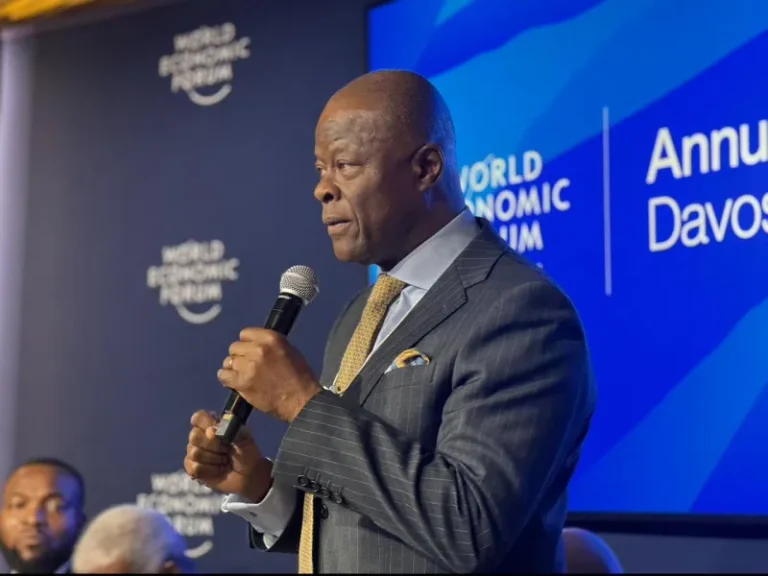
Despite the drastic improvement in the finances of the Nama Khoi Local Municipality in Springbok, thanks to the assistance of family business Rural Maintenance, National Treasury is adamant that the contract must be cancelled.
Councillors and officials reportedly feel intimidated by threats from Treasury and don’t want to risk paying Rural Maintenance its invoices.
Rural, which has already spent around R50 million of its own money to repair and upgrade the infrastructure, is now heading to court to protect its interests.
Nama Khoi appointed Rural Maintenance in February this year as a development partner for a period of 15 years.
Its mandate is to work with the municipality, improve its water and electricity services, and enhance the revenue it receives from these sources.
ALSO READ: The South African towns where electricity supply is privatised
Better services, and (much) stronger finances
The results from March to September compared to the same period last year show:
- Savings of R6 million (4%) on bulk electricity and water accounts;
- About R48 million more collected from consumers;
- The overall benefit, considering savings and collections, is about R60 million (figures adjusted to remove the impact of tariff increases);
- A gross loss of R26 million has been turned into a gross profit of R52 million; and
- The cash shortfall the municipality experienced every winter when Eskom applies higher seasonal tariffs is a thing of the past.
Rural Maintenance achieved these results by looking at every step in the supply chain – from determining whether the bills from Eskom and water supplier Vaal Central are correct, whether the municipality is receiving what it pays for, where water and electricity are lost within the municipal system, whether the meters at consumer supply points are accurate, if tariffs are calculated correctly and if every client is on the correct tariff, if consumer accounts accurate, and if outstanding amounts are being collected.
Rural Maintenance CEO Chris Bosch says it was initially a matter of establishing systems to collect data so the company could see what was happening at each point on the network.
It then fixed whatever was broken, installing new equipment only when something could not be repaired.
In the process, it discovered 4 000 electricity meters to which the municipality was supplying power without ever receiving the revenue.
The affected consumers were paying for the electricity, but the money never reached the municipality.
Another 800 meters had been bypassed. This has been rectified.
Penalties of almost R1 million per month that had to be paid to Eskom were eliminated through Rural Maintenance’s intervention, and it is questioning an overcharge of R1.2 million on the Vaal Central account. These benefits must still flow through to the bank account.
ALSO READ: Free State town forced to dump excess solar power ‘to protect the national electricity network’
Treasury objecting to ‘technicalities’
The agreement between Rural Maintenance and Nama Khoi stipulates that the company is paid only if the municipality earns enough “new money”.
If Rural Maintenance does not help improve the municipality’s finances, it does not get paid.
However, from correspondence between National Treasury, the municipality and Rural Maintenance – which Moneyweb has seen – it is clear that Treasury is not impressed.
Its objections are technical, relating to the integration of Rural’s systems into the municipal system, and the process followed in appointing the company.
In a letter dated 23 September, Jan Hattingh, chief director responsible for municipal budget analysis at National Treasury, warns that it considers the contract unlawfully concluded and that all expenditure the municipality incurs under it will be classified as irregular.
Hattingh instructs the municipality to:
- Refer the contract to the public accounts committee for an investigation into recovering this “irregular expenditure”;
- Take disciplinary action against those responsible; and
- Lay charges with the police if fraud or financial misconduct is suspected.
If the municipality finds the contract does not meet legal requirements, Treasury says it must be cancelled.
Hattingh offers National Treasury’s help with these processes, but refuses the municipality’s request for assistance with mediation to make the contract work.
On 14 October, Treasury sent Nama Khoi a first formal notice that its government grants would be withheld unless it could provide proof of all these processes, including the criminal complaint.
Rural Maintenance, for its part, has written several lawyers’ letters to Hattingh at Treasury in which it responds to the objections and invites him to come and see their work in Nama Khoi for himself.
It also accuses him of undermining the contract with Nama Khoi and of targeting and defaming Rural Maintenance, and attempting to block the company.
ALSO READ: Energy experts say citizens should be able to ditch Eskom and produce own electricity
‘Stunned’
Dr Gustav Bock, speaker of Nama Khoi and the main driving force behind the project, is stunned by how the matter has developed.
“We are being bullied,” he says.
Nama Khoi is very satisfied with what Rural Maintenance has achieved there.
“There is money now,” says Bock.
However, councillors and officials are too afraid to make payments to the company with the threat of criminal charges hanging over their heads.
Bosch says Rural Maintenance is continuing its work in Nama Khoi but is preparing a court application to ensure that it gets paid.
Treasury has not commented on the accusation that it is bullying Nama Khoi into cancelling the contract with Rural without taking the positive results into account.
* In a mandatory turnaround plan in the Mafube Municipality in the Free State – where Rural Maintenance, as the municipality’s agent, manages electricity distribution – National Treasury also recommended cancellation of the contract. Rural Maintenance took the turnaround plan on judicial review. Treasury failed to submit the required documents to oppose the application, and it is now on the unopposed roll for early next year.
This article was republished from Moneyweb. Read the original here.



